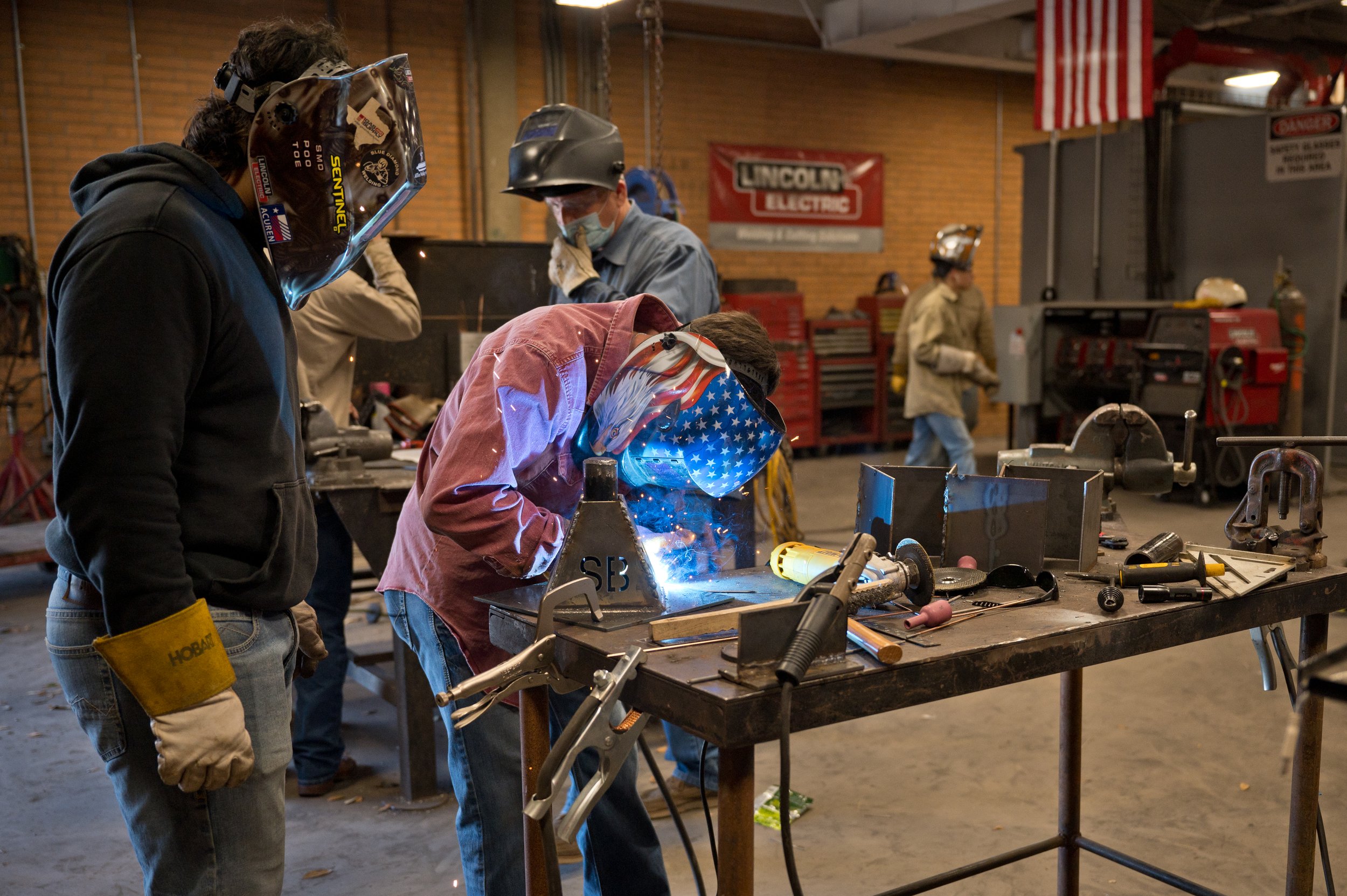
What we do
Our Approach
rootEd Alliance bridges helping rural students achieve career success and strengthening America’s skilled workforce through dedicated advising in high schools and close collaboration with employers.
-

Our Dedicated Advising Model
rootEd advisors work one-on-one with high school seniors to help them explore careers, find the right college or technical training programs, complete applications, and access financial aid, whether a student is pursuing community college, a four-year university, technical training, an apprenticeship, or military service.
-

Working with Employers
rootEd partners with more than 1,500 national and local businesses to connect students with career pathways that align with high-wage, high-demand industries in their communities. These partnerships give students direct insight into opportunities, including those close to home, and the skills required to prepare for those careers.
